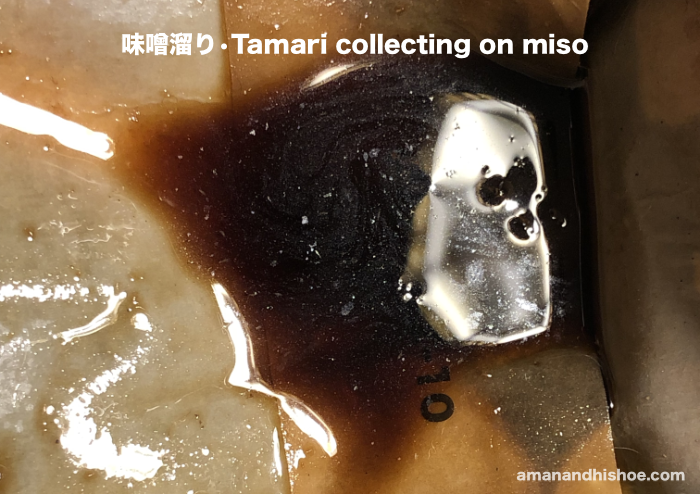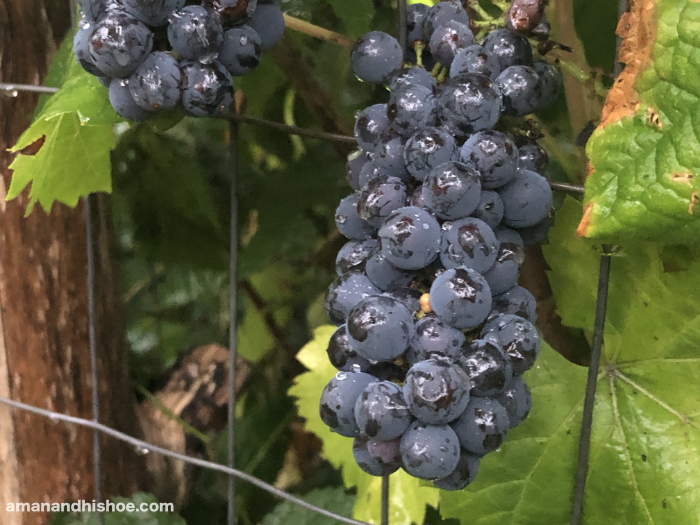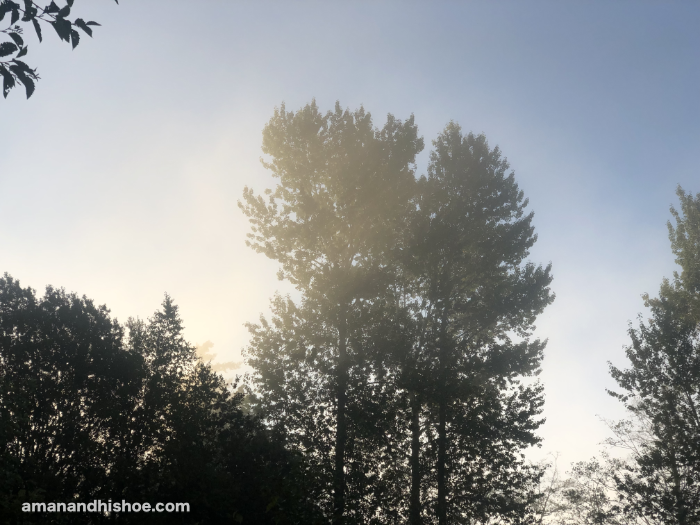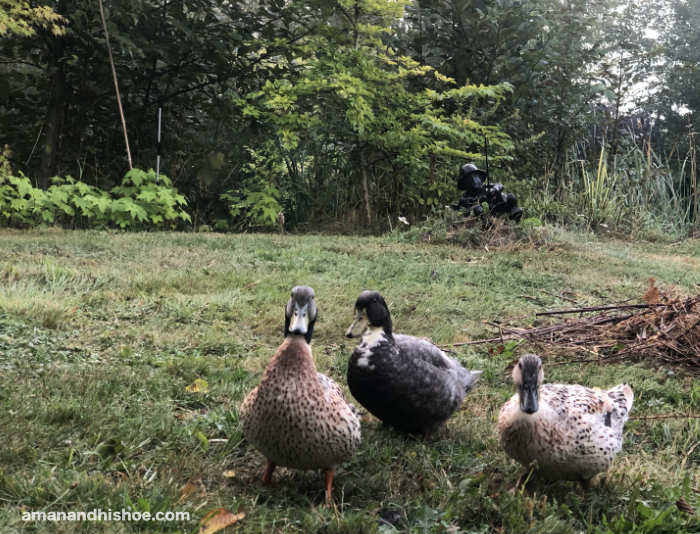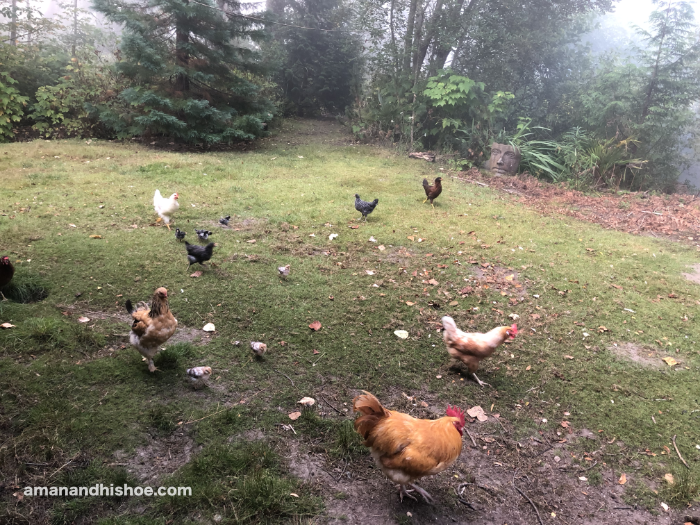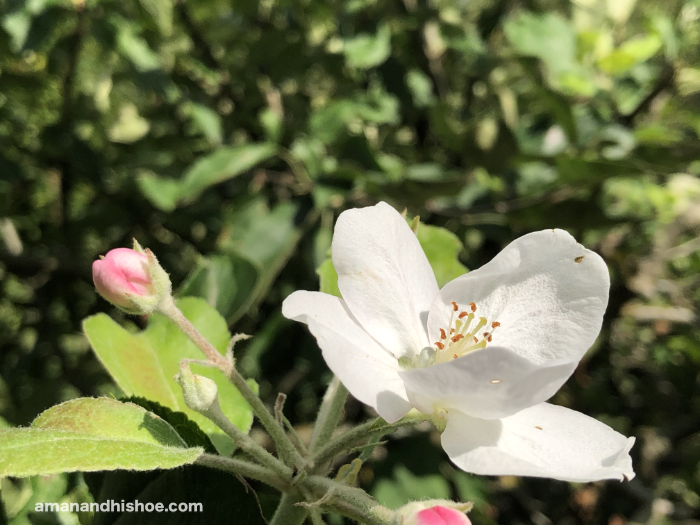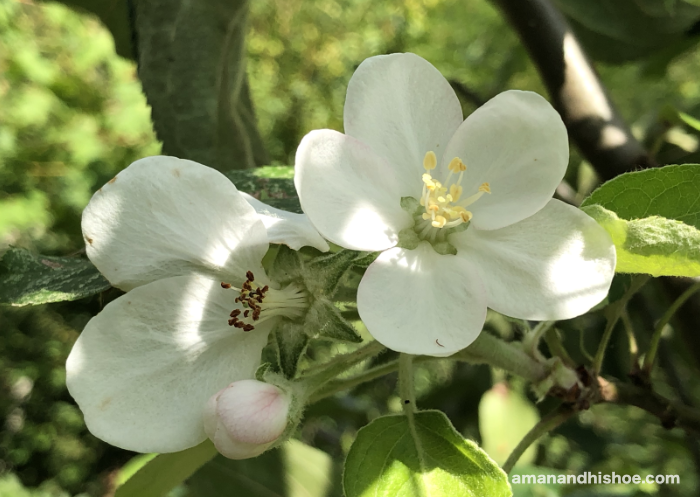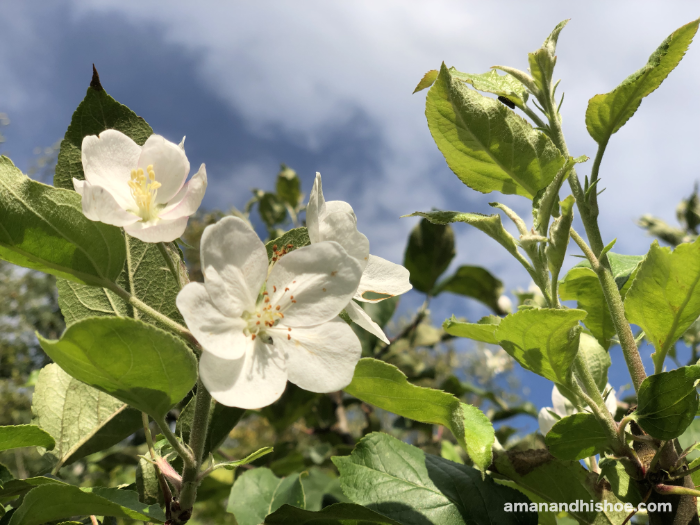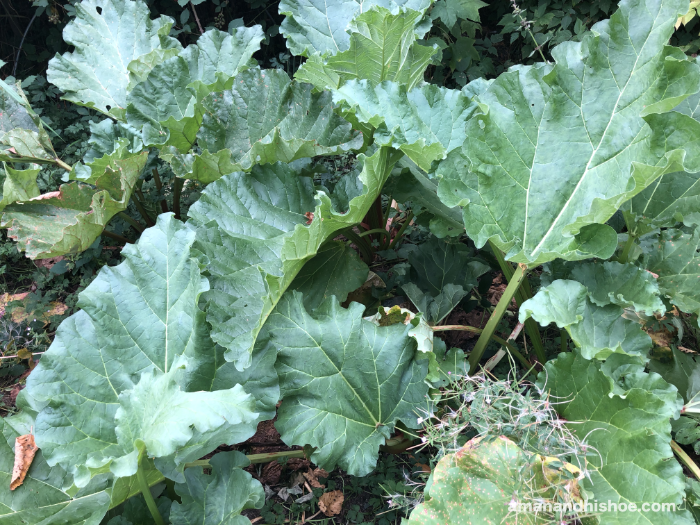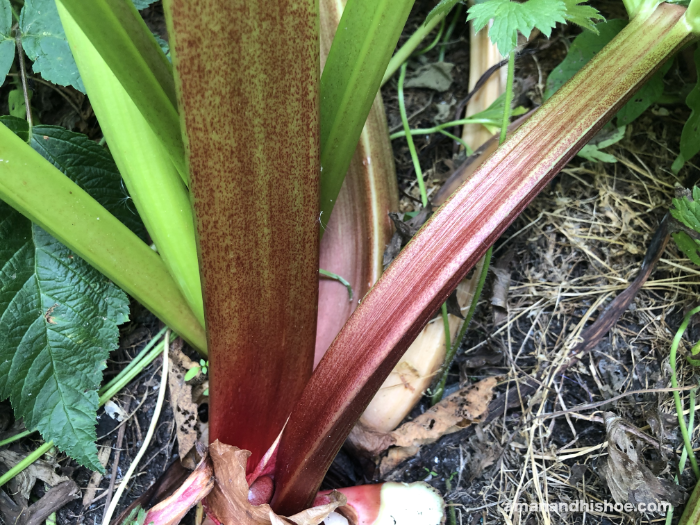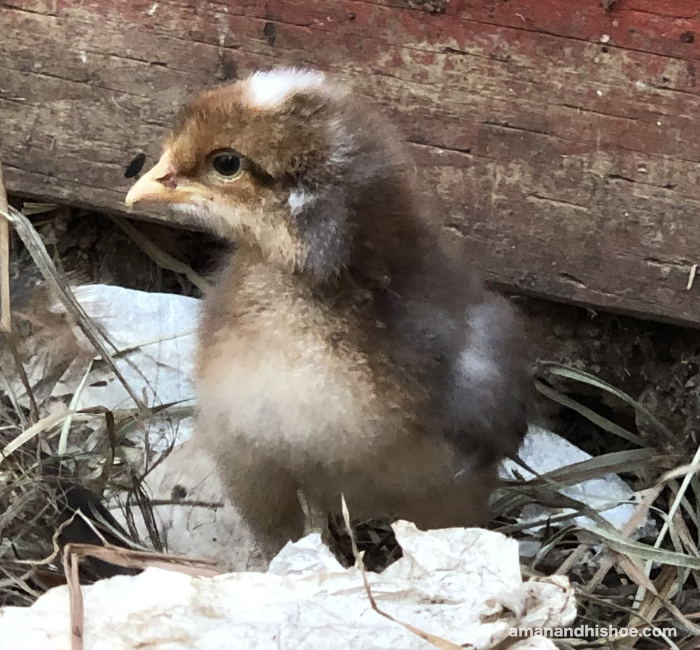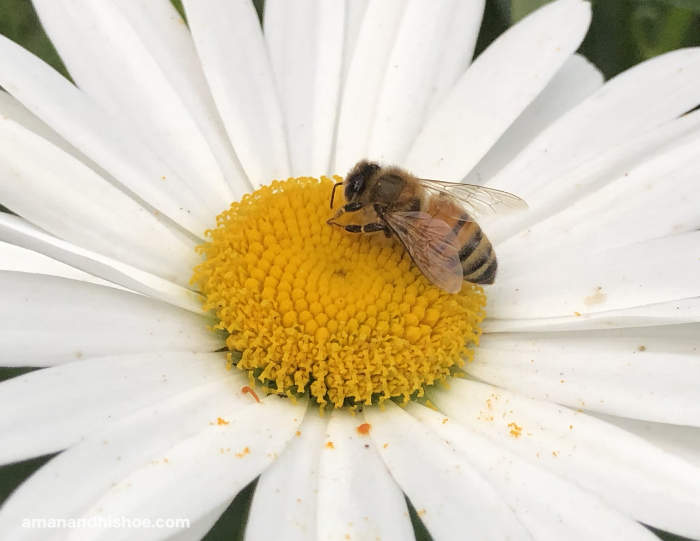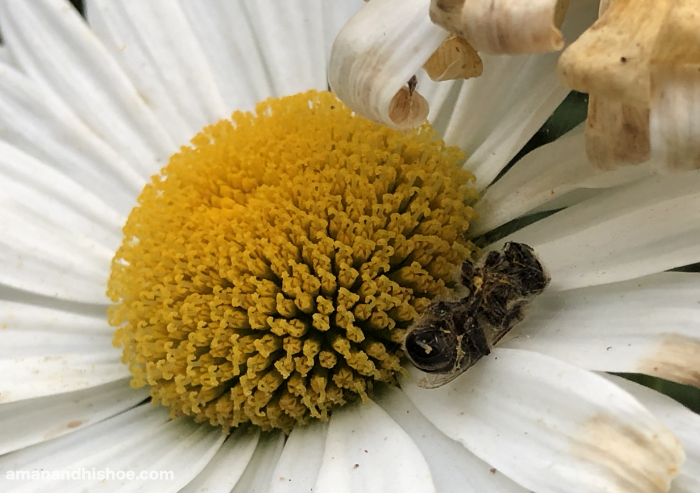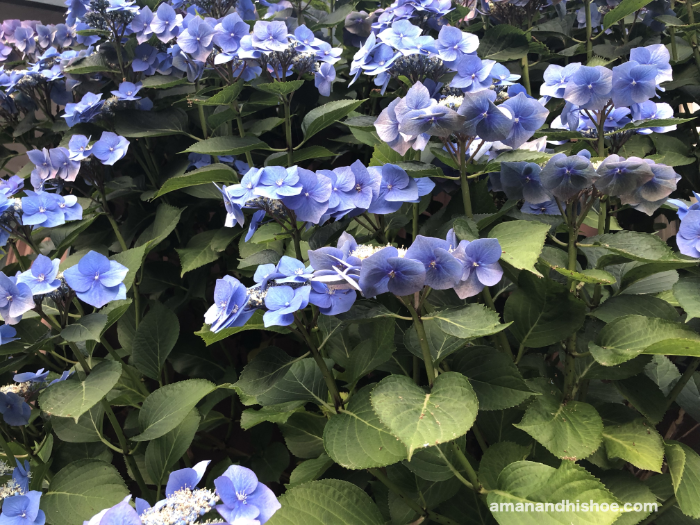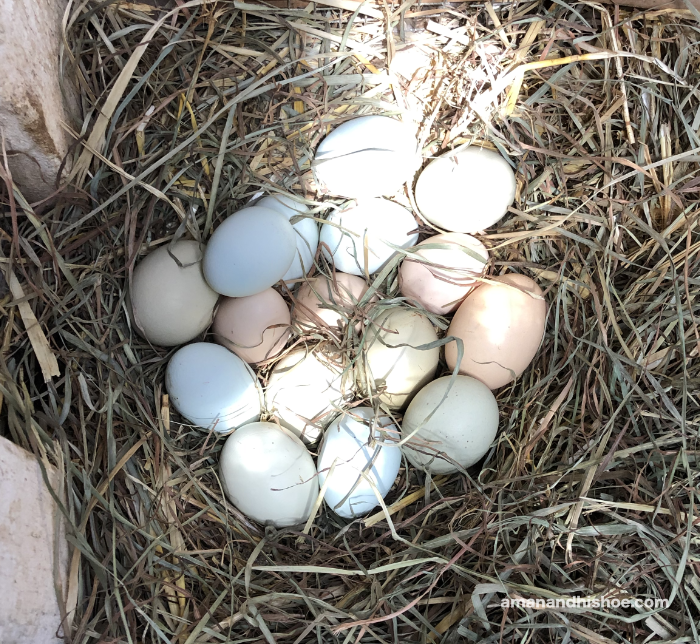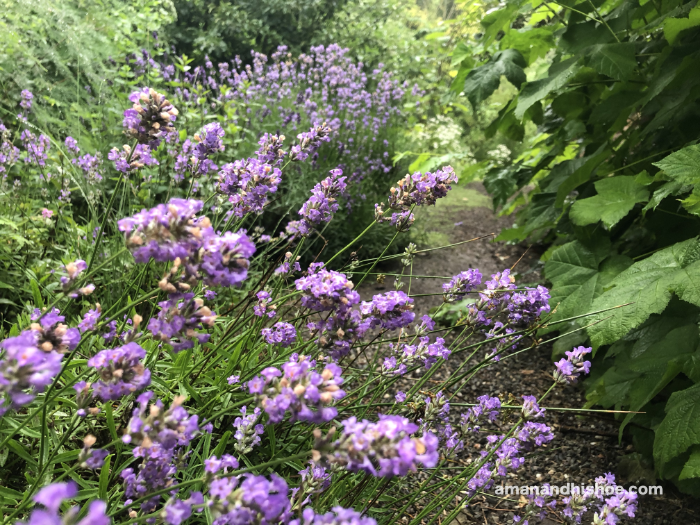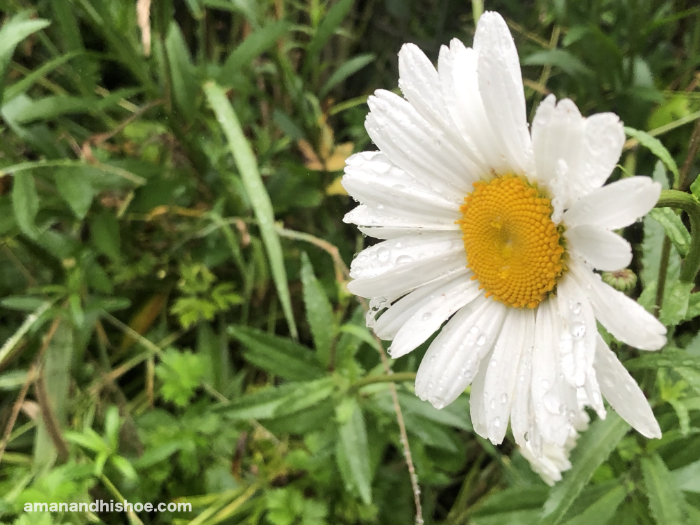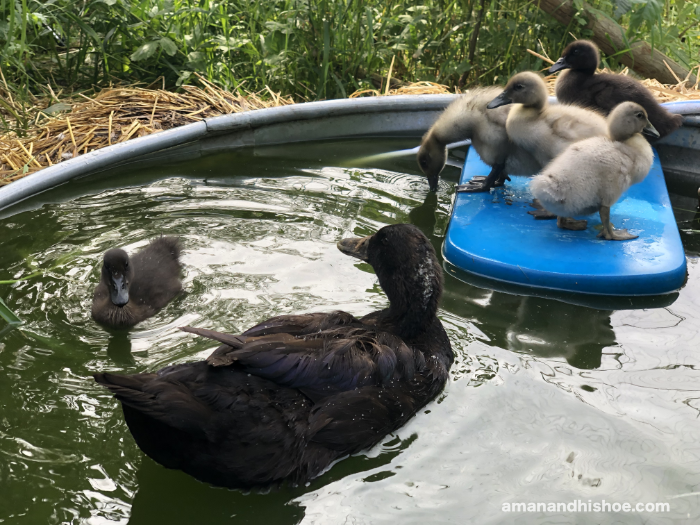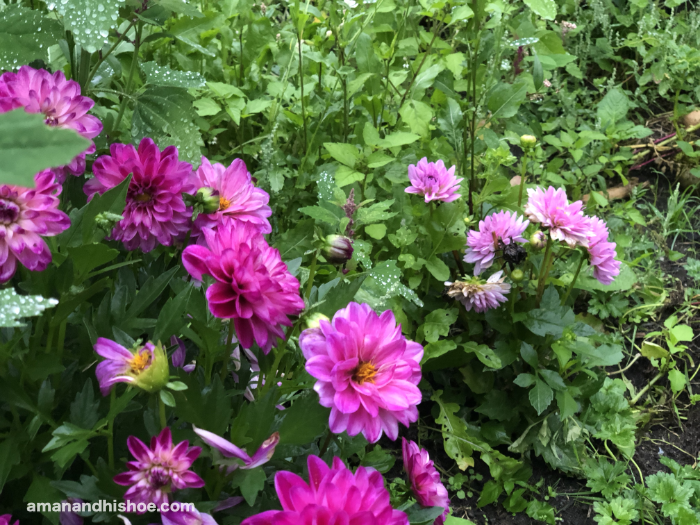
Friday, September 6, was our last day of summer. In many places summer dawdles on with no clarity as to when its last day was. Not here. As the temperature soared on Friday, there was no doubt that once the cool Pacific air moved in on Saturday, that in this neck of the woods, summer was finished for this year. Saturday night’s thunder and lightning, accompanied by drenching rains, kicked summer to the curb. With this morning’s steady rain, fall has settled in for good.
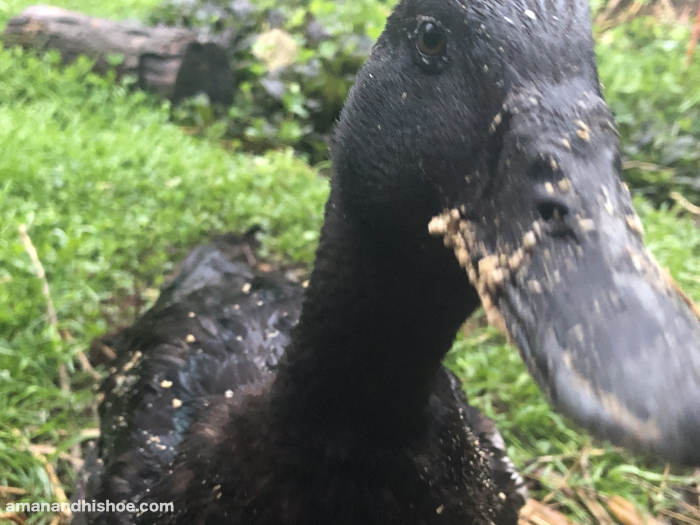
With the grass wet, the slugs stay out long past sunrise. I have no remorse collecting them by the bushel, or so it seems, for Emma and her large ducklings to eat. Each time I pick one up, it’s a death sentence for that slug. Ducks have no remorse either about eating them. Is it wrong not to feel some sense of loss? No slug has ever apologized to me for mowing down seedlings I was tending. Perhaps being eaten by a duck is a slug’s highest calling. If you’re going to be eaten, you might as well be eaten by a creature that gets great joy out of eating you.
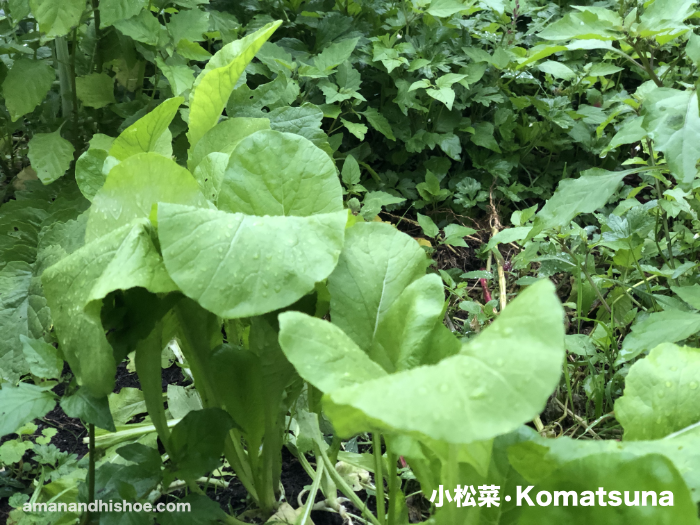
It is the season for 小松菜 Komatsuna. I’ll keep planting them until they cease sprouting. Picked fresh and dragged through simmering water for just three to five seconds, you can’t ask for a better green to eat.
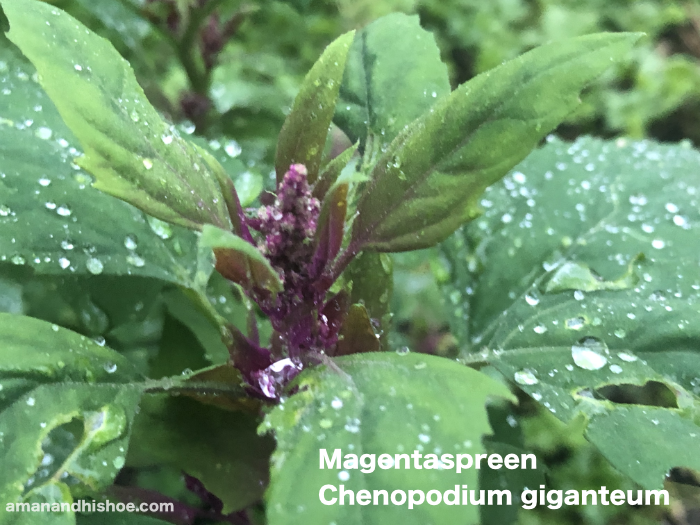
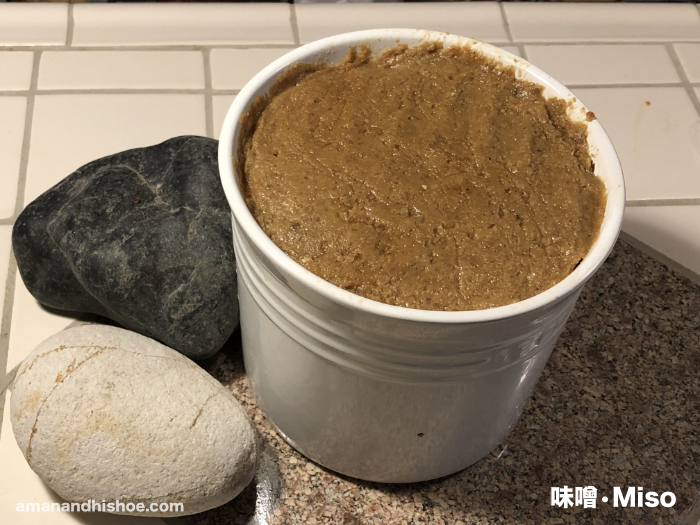
With summer over, it’s time to open up the fermenting crocks of miso and pour off the 溜り tamari which has puddled on the surface. As the miso ferments, it weeps salty black tears which collect on the top of the crocks.
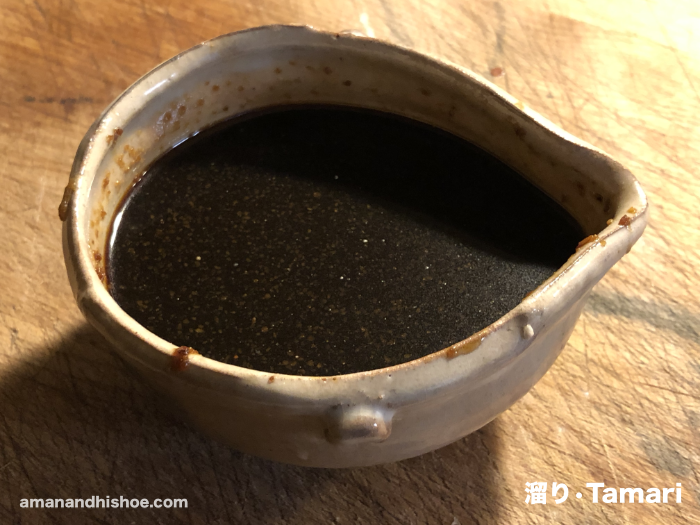
Tamari 溜り, the precursor to soy sauce 醤油, comes from the verb 溜まる tamaru, which means to collect little by little over time. When fermenting miso, the black salty tears collect drop by drop over many months until you have a little puddle of them. Three crocks of miso yielded maybe a cup of tamari. I will have no remorse savoring this precious miso-tamari.
